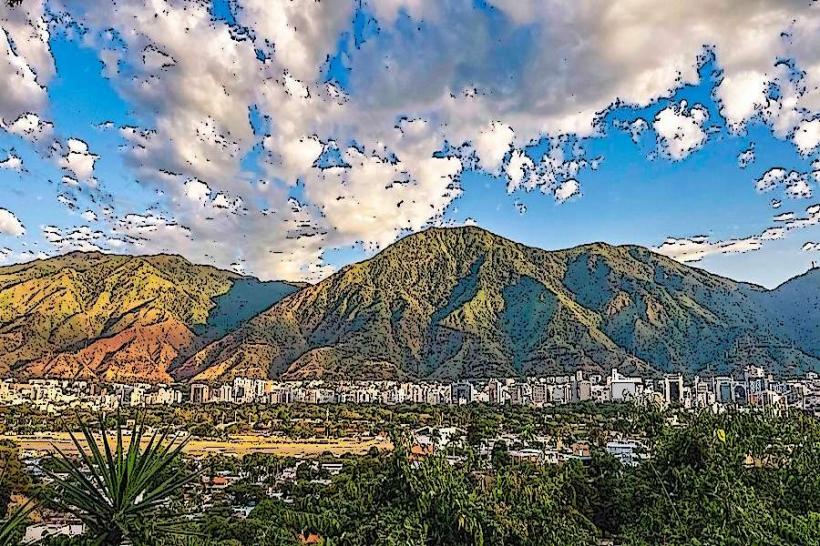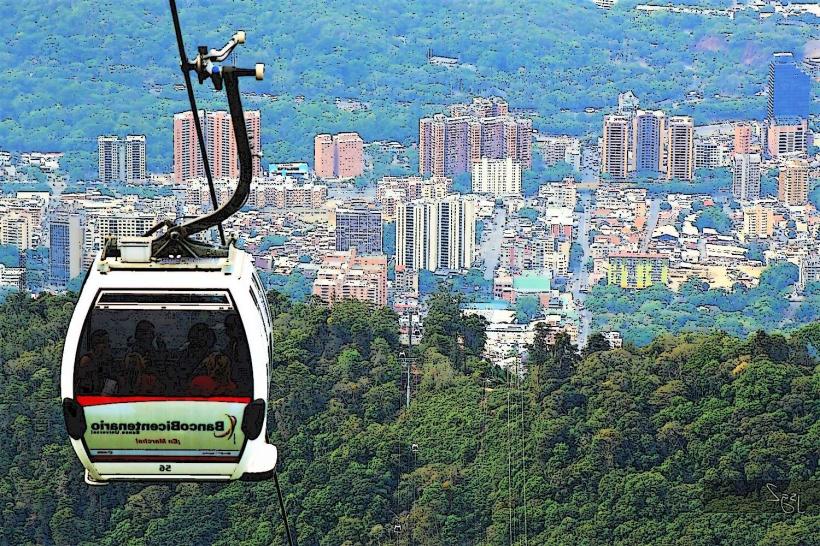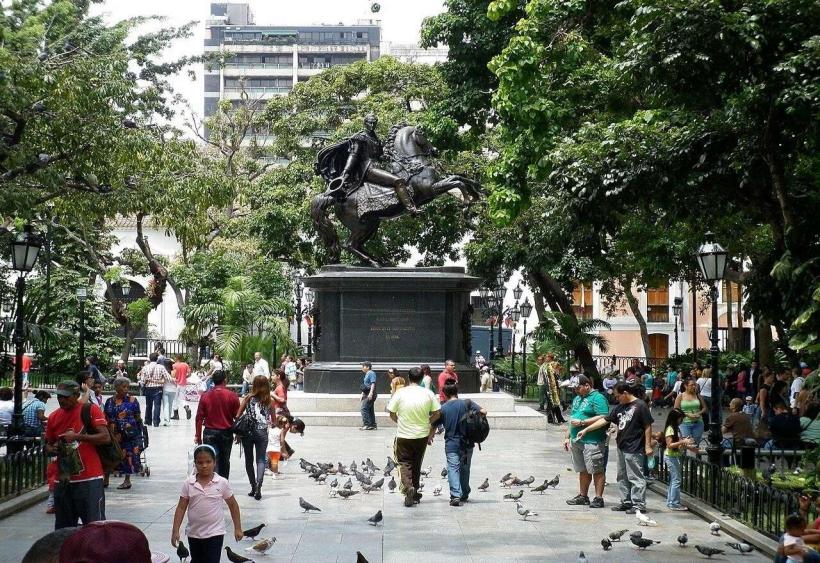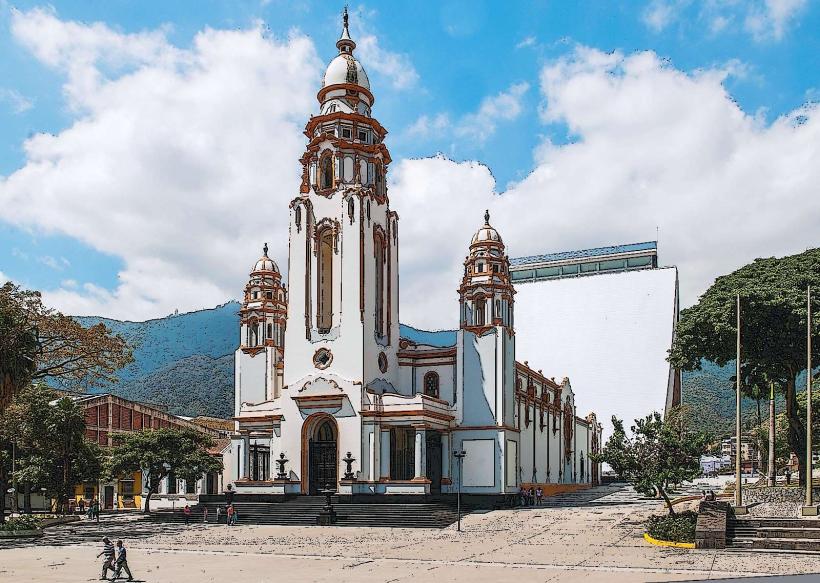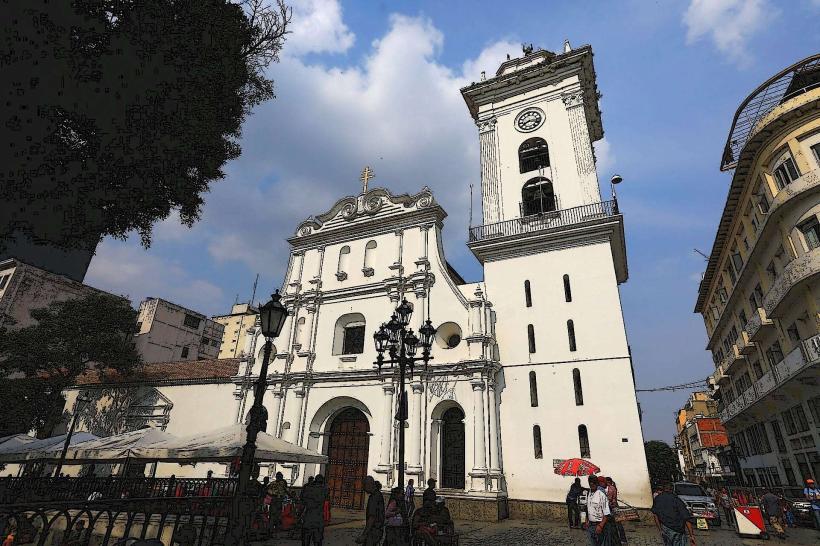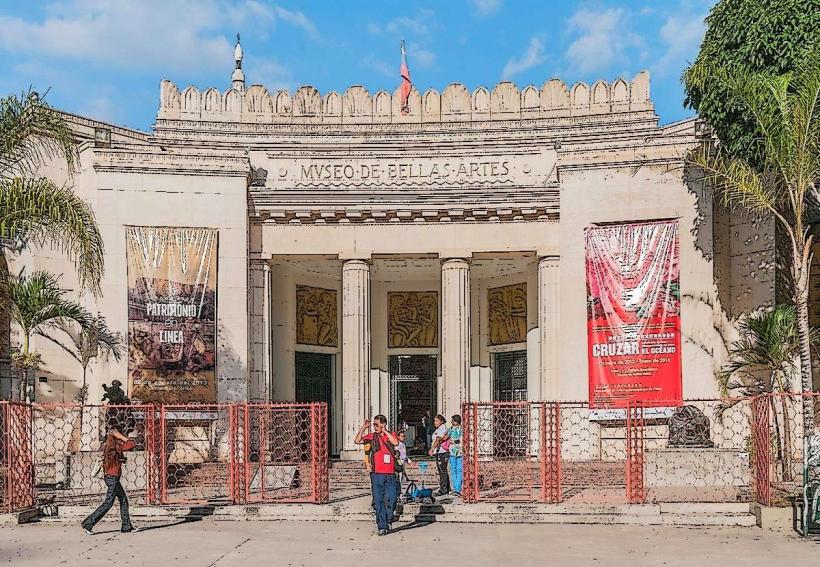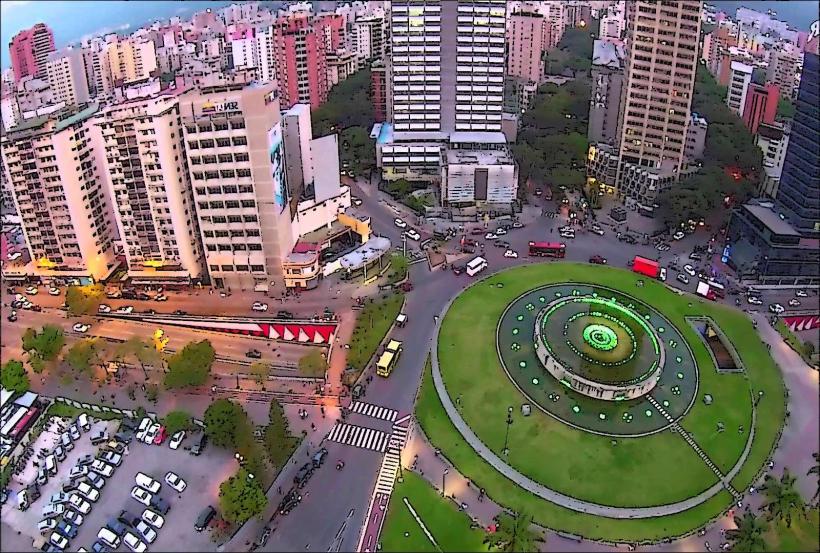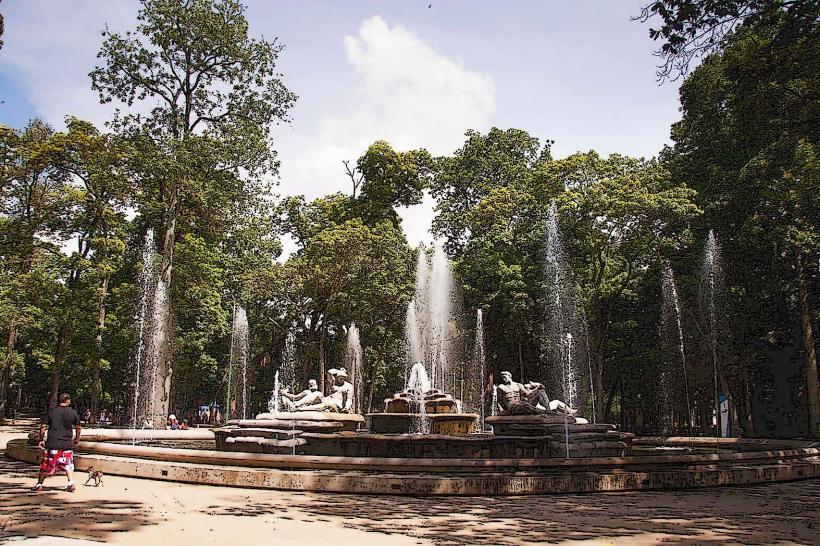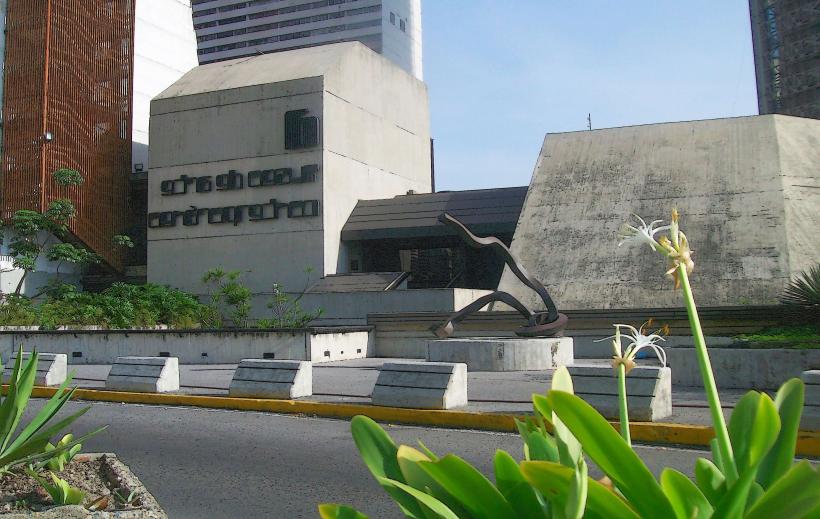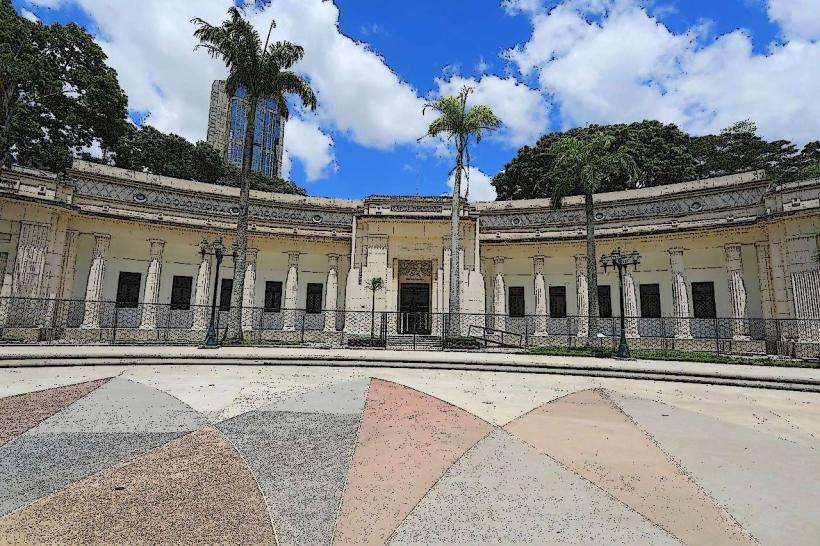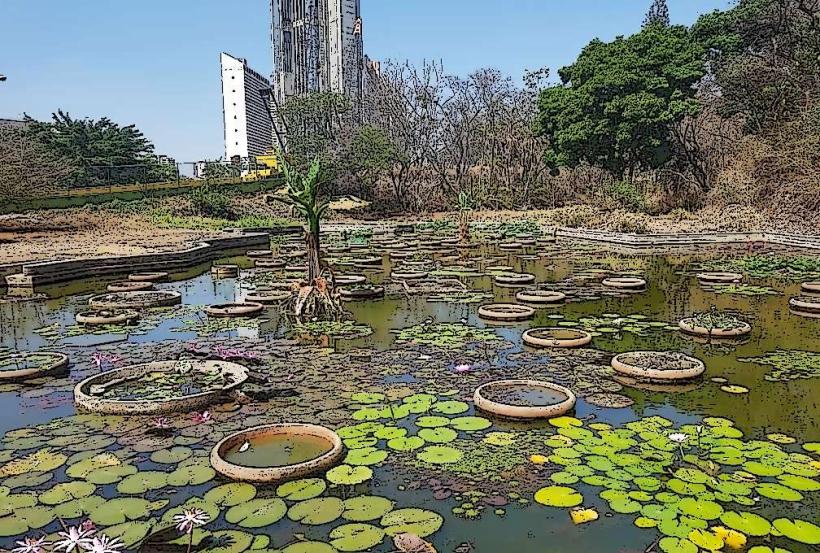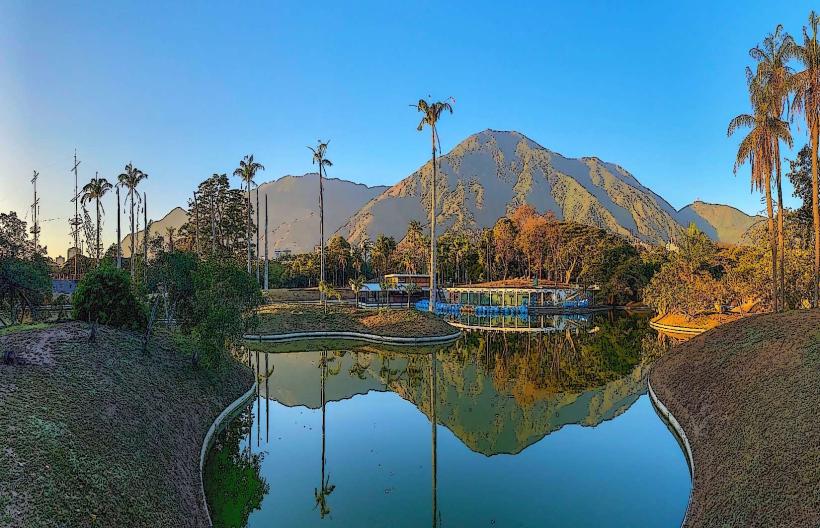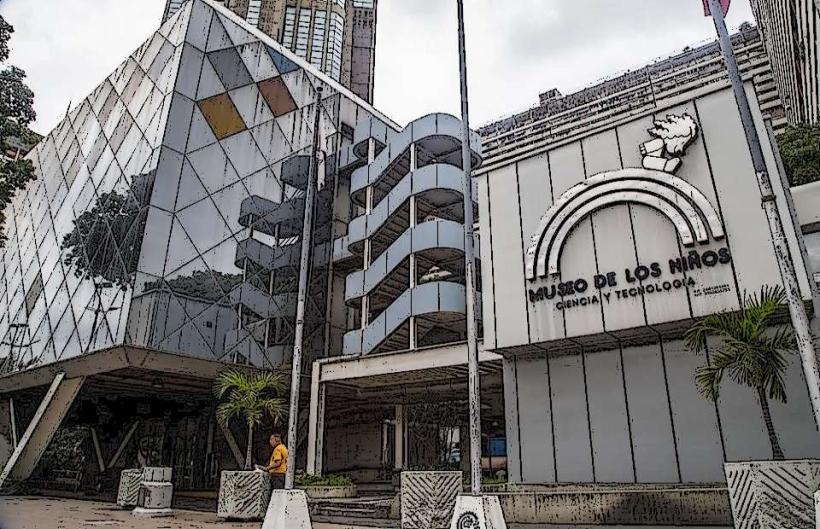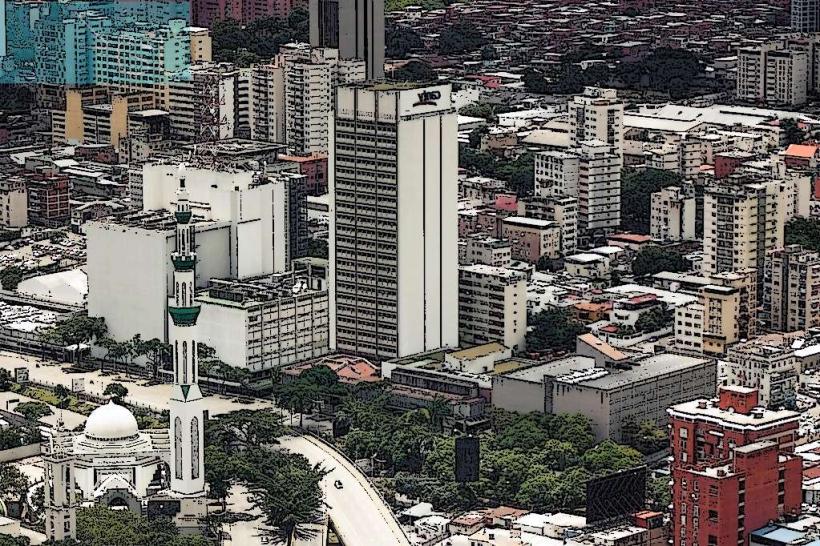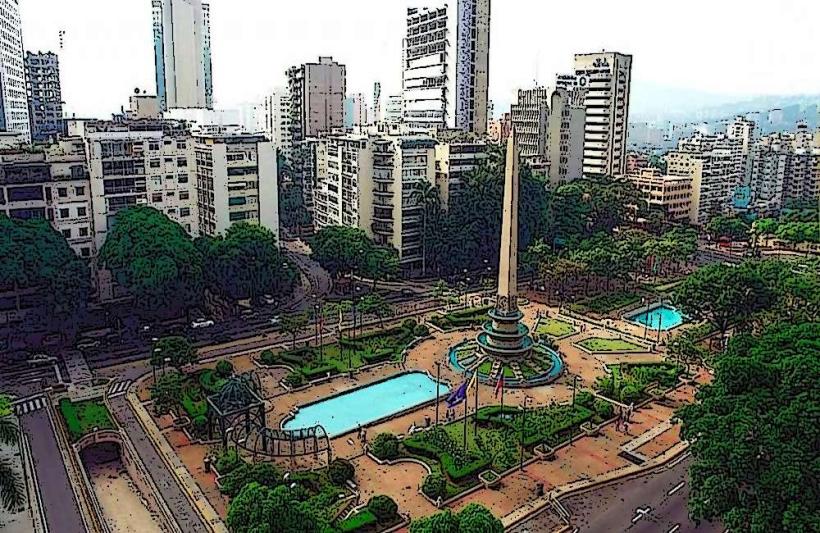Information
Landmark: Iglesia de San FranciscoCity: Caracas
Country: Venezuela
Continent: South America
Iglesia de San Francisco, Caracas, Venezuela, South America
Iglesia de San Francisco – A Historic and Religious Landmark in Caracas
The Iglesia de San Francisco is one of the oldest and most historically significant churches in Caracas, Venezuela. Known for its beautiful colonial architecture, rich religious heritage, and role in national history, this church stands as an important cultural and spiritual landmark in the city. Located in the historic center of Caracas, it has witnessed key moments in Venezuela’s past, including events related to Simón Bolívar, the country’s liberator.
History of Iglesia de San Francisco
Foundation and Colonial Era (16th–18th Century)
- The church was originally built in the late 16th century by the Franciscan order, making it one of Caracas' oldest religious buildings.
- The first structure was made of wood and adobe, but due to earthquakes and structural damage, it was rebuilt in the 17th and 18th centuries with more durable materials.
- By the 18th century, the church had become a major religious and cultural center in the city, hosting important ceremonies and Franciscan teachings.
Role in Venezuelan Independence (19th Century)
- The Iglesia de San Francisco played a crucial role in Venezuela’s fight for independence.
- On October 6, 1813, Simón Bolívar was officially given the title of “El Libertador” (The Liberator) inside this church in recognition of his victories against Spanish rule.
- It became a place where patriots and revolutionary leaders gathered, making it one of the most historically significant churches in Venezuela.
Modern Restorations (20th–21st Century)
- Over the years, the church has undergone multiple restorations to preserve its colonial architecture and historical artifacts.
- Today, it remains an active place of worship and a popular tourist attraction for those interested in Venezuelan history, art, and religion.
Architectural Features
The Iglesia de San Francisco is an outstanding example of colonial architecture in Venezuela, with a mix of Baroque and Neoclassical influences.
1. Facade and Exterior Design
- The church features a traditional colonial facade, with ornate carvings and stonework.
- The bell tower, built in the 18th century, remains a distinctive feature, overlooking the streets of historic Caracas.
2. Interior and Religious Art
- Inside, the church is decorated with elaborate wooden altars, gold leaf details, and religious frescoes.
- The main altar is dedicated to Saint Francis of Assisi, the patron saint of the Franciscan order.
- Features an intricately carved wooden pulpit, a masterpiece of colonial-era craftsmanship.
- The ceilings have beautiful paintings and sculptures depicting biblical scenes and Catholic saints.
3. Tomb of José Gregorio Hernández
- The church houses the remains of Dr. José Gregorio Hernández, a Venezuelan physician known for his miraculous healings and deep Catholic faith.
- In 2021, he was beatified by the Catholic Church, making this a pilgrimage site for those seeking his blessings.
Religious and Cultural Importance
1. A Place of Worship and Pilgrimage
- The Iglesia de San Francisco continues to be an active Catholic church, hosting daily Masses, religious ceremonies, and processions.
- Many Venezuelans visit the church to pray for miracles and healing, particularly at the tomb of José Gregorio Hernández.
2. Historical and Touristic Significance
- As one of the most important historical churches in Caracas, it attracts tourists, historians, and religious devotees.
- Visitors often stop to admire the artistic details, colonial charm, and deep historical connections to Venezuelan independence.
3. National Monument Status
- In 1956, the Venezuelan government declared the Iglesia de San Francisco a National Historic Monument, recognizing its importance in the country’s heritage.
Location and Accessibility
- Address: Avenida Universidad, Historic Center of Caracas, Venezuela.
- Nearby Attractions: Plaza Bolívar, Panteón Nacional, Casa Natal de Simón Bolívar, and Catedral de Caracas.
- Public Transport: Easily accessible via the Caracas Metro (Capitolio Station) and public buses.
Final Thoughts
The Iglesia de San Francisco is not just a church-it is a piece of Venezuelan history. With its colonial beauty, connection to Simón Bolívar, and religious significance, it remains one of the most treasured landmarks in Caracas. Whether visiting for spiritual reflection, historical interest, or artistic appreciation, this church is a must-see destination in the capital of Venezuela.

